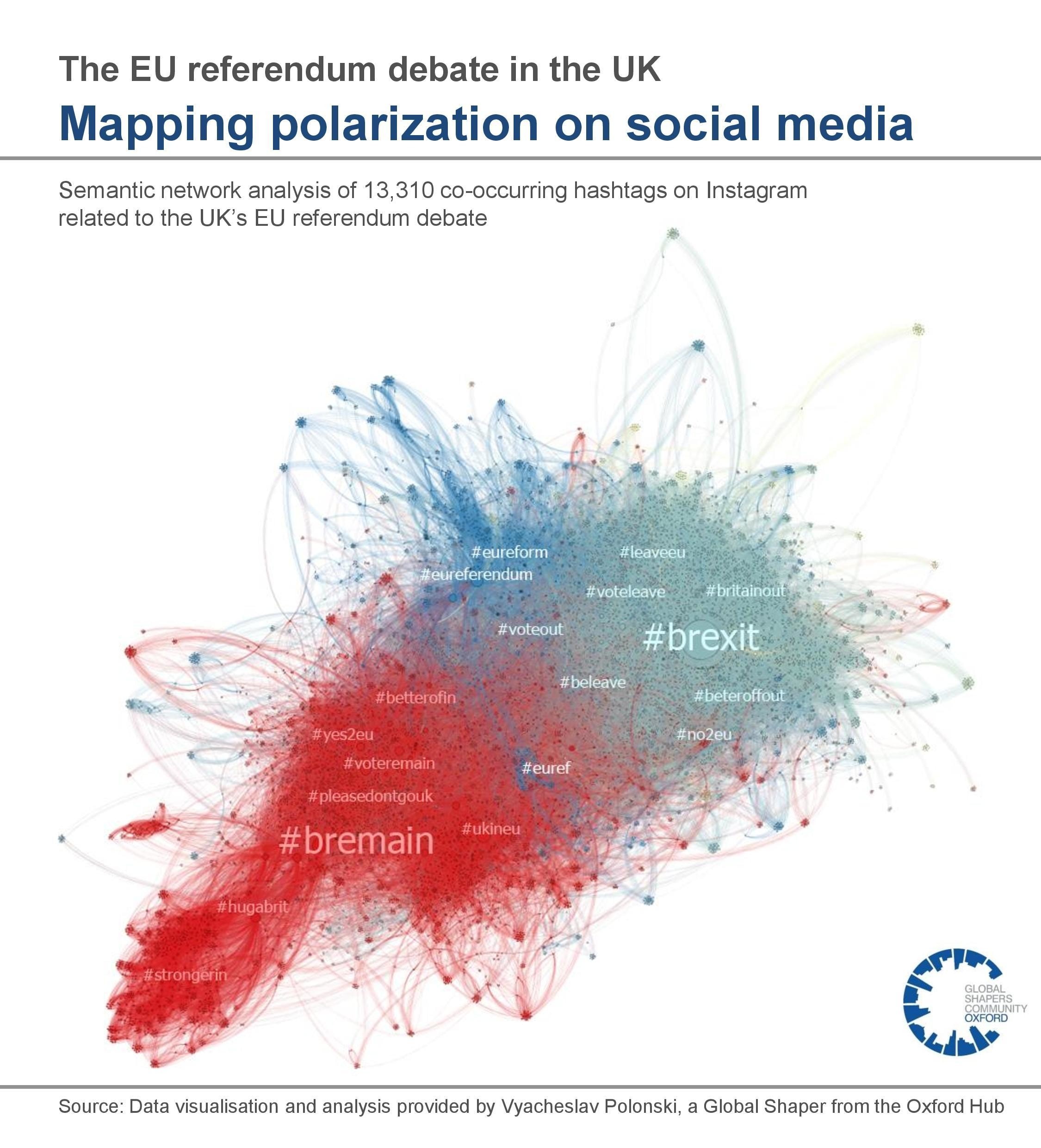The biggest threat to democracy? Your social media feed

Polarization as a driver of populism
People who have long entertained right-wing populist ideas, but were never confident enough to voice them openly, are now in a position to connect to like-minded others online and use the internet as a megaphone for their opinions.
The resulting echo chambers tend to amplify and reinforce our existing opinions, which is dysfunctional for a healthy democratic discourse. And while social media platforms like Facebook and Twitter generally have the power to expose us to politically diverse opinions, research suggests that the filter bubbles they sometimes create are, in fact, exacerbated by the platforms’ personalization algorithms, which are based on our social networks and our previously expressed ideas. This means that instead of creating an ideal type of a digitally mediated “public agora”, which would allow citizens to voice their concerns and share their hopes, the internet has actually increased conflict and ideological segregation between opposing views, granting a disproportionate amount of clout to the most extreme opinions.
The disintegration of the general will
In political philosophy, the very idea of democracy is based on the principal of the general will, which was proposed by Jean-Jacques Rousseau in the 18th century. Rousseau envisioned that a society needs to be governed by a democratic body that acts according to the imperative will of the people as a whole.
There can be no doubt that a new form of digitally mediated politics is a crucial component of the Fourth Industrial Revolution: the internet is already used for bottom-up agenda-setting, empowering citizens to speak up in a networked public sphere, and pushing the boundaries of the size, sophistication and scope of collective action. In particular, social media has changed the nature of political campaigning and will continue to play an important role in future elections and political campaigns around the world.
++++++++++++++
more on the impact of technology on democracy in this IMS blog:
https://blog.stcloudstate.edu/ims?s=democracy